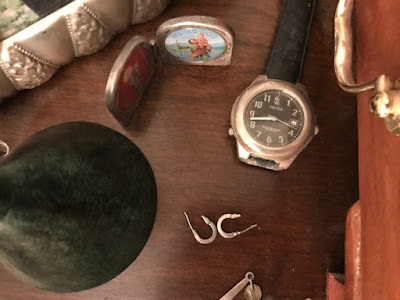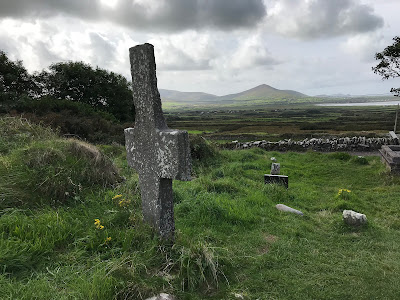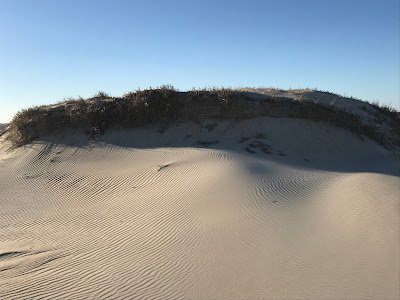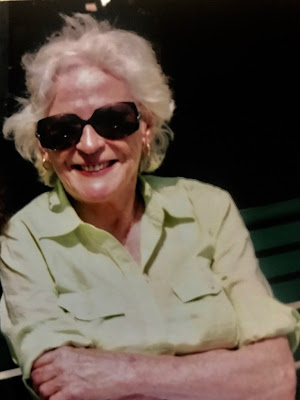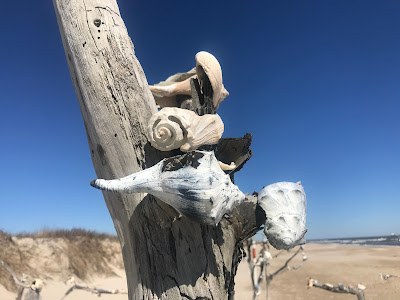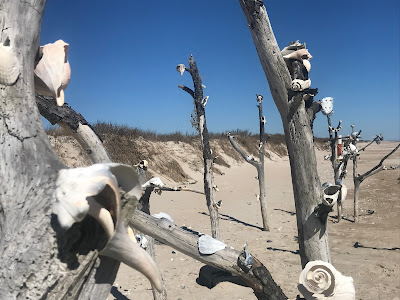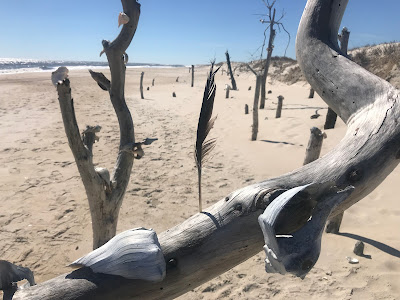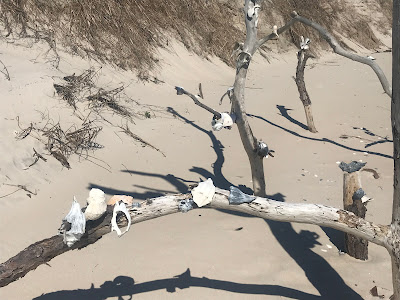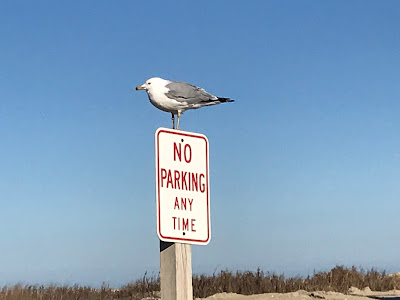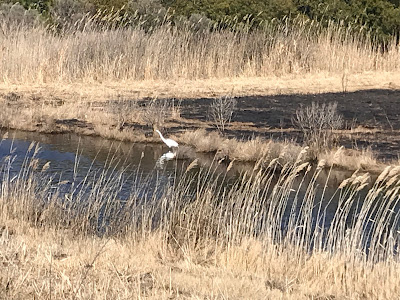Her name was Janice but we knew her as Ratsy, a childhood nickname that stuck. The childhood is not mine but Mom’s. She and Ratsy met as little girls at a convent boarding school in Kentucky and had the sort of adventures you read about in books. They made up games, imagined ghost nuns in the hallway, and almost hopped a freight to California until a law-abiding friend learned of the plot and tattled on them.
It wasn’t all fun and games, though. Mom and Ratsy missed their parents and homes. But they found much comfort in each other, and they remained close friends — more like sisters, really — to the end of their lives. The end came only two weeks ago for Ratsy, just a month shy of age 96.
How to describe Ratsy? Pure elegance, sophistication and cool. She and her husband, Monty, worked in Hollywood and knew movie stars like Bing Crosby. Ratsy sent us lovely gifts, a dress and pinafore set I still remember. She made Mom laugh. And she hosted seven of us (four kids, two parents and an aunt) when we drove across the country to California in an old “woodie” station wagon.
The Ratsy I came to know as an adult was even more impressive. I realized then what she had overcome, living most of her life with the use of only one arm. It was a disability you never noticed — until she was driving you down an LA freeway, with a cigarette in one hand (a habit she later kicked) and wait, how was she steering? Never mind, we survived.
Ratsy outlived her husband, sister, nephews and many others, but she leaves behind dear friends and family who grieve her passing. With her death, the world lost a true original … and my family lost a little more of the world that Mom knew and loved.
